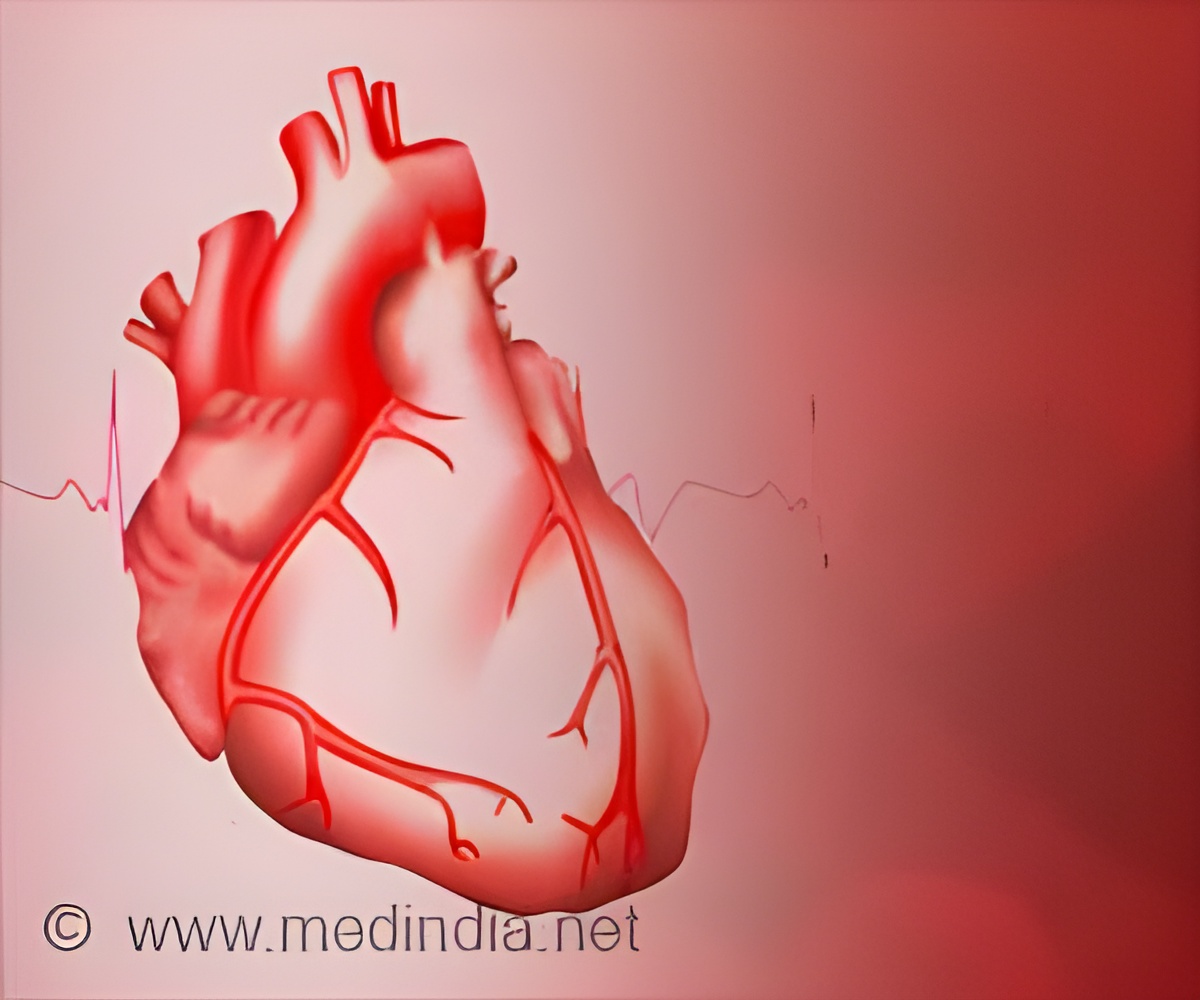
‘Reducing or avoiding alcohol helps in reducing the harmful effects of atrial fibrillation (heart rhythm condition).’
Tweet it Now
Atrial fibrillation (AF) is the most common heart rhythm condition seen clinically, but until now research has largely focused on risk factors for developing the disease and therapies to treat it, rather than factors that determine when and where an episode might occur.AF can lead to loss of quality of life, significant health care costs, stroke, and death. Large studies have shown that chronic alcohol consumption can be a predictor of this condition.
A new research centered on 100 patients with documented AF who consumed at least one alcoholic drink a month. The patients were recruited from the general cardiology and cardiac electrophysiology outpatient clinics at UCSF.
People with a history of alcohol or substance use disorder were excluded, as those were with certain allergies, or who were changing treatment for their heart condition.
Each wore an electrocardiogram (ECG) monitor for approximately four weeks, pressing a button whenever they had a standard-size alcoholic drink. They were also all fitted with a continuously recording alcohol sensor.
Advertisement
Researchers found that an AF episode was associated with two-fold higher odds with one alcoholic drink, and three-fold higher odds with two or more drinks within the preceding four hours. AF episodes were also associated with an increased blood alcohol concentration.
Advertisement
These results suggest that the occurrence of atrial fibrillation might be neither random nor unpredictable and they can be used in identifying modifiable ways of preventing an acute heart arrhythmia episode.
Source-Medindia















